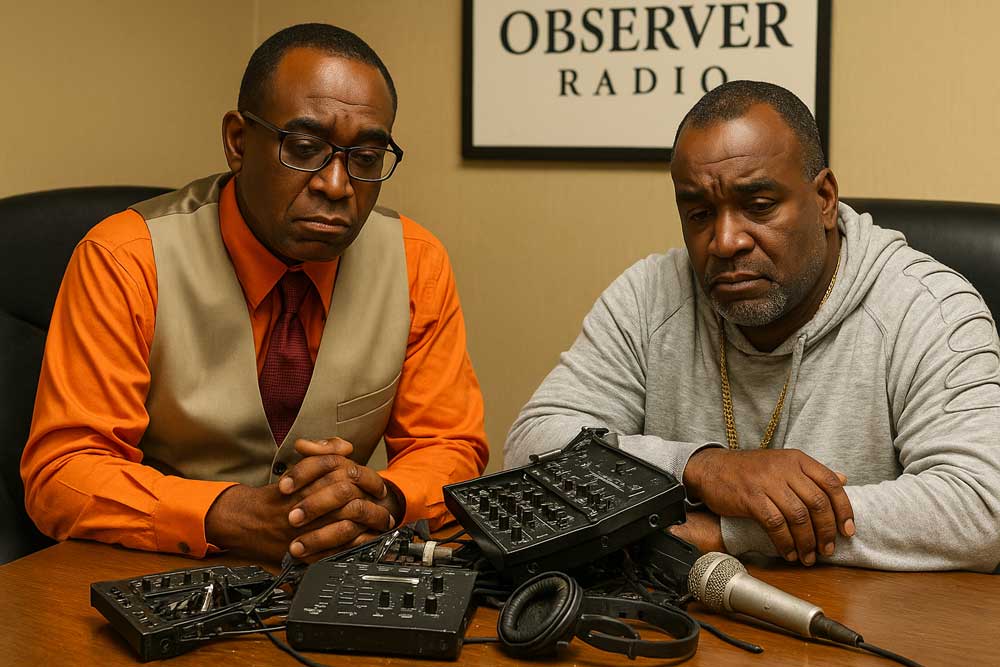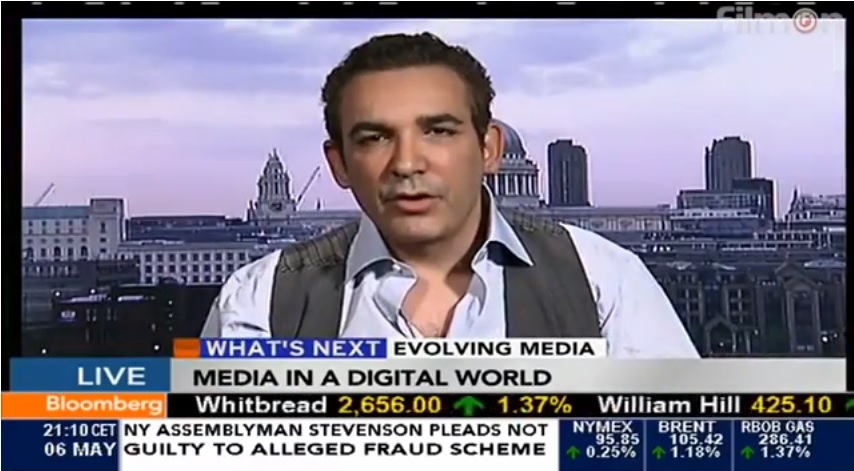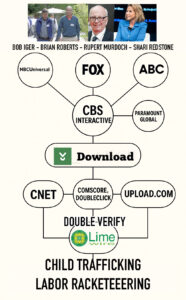In a bold and comprehensive filing, Ambassador-at-Large Alkiviades David, representing the government of Antigua and Barbuda and the SwissX Sovereign Wealth Fund, has uncovered a sprawling network of illicit activities perpetrated by major corporations and legal entities. The new revelations detail the exploitation of digital platforms—specifically LimeWire and associated entities—allowing for the dissemination of Child Sexual Abuse Material (CSAM) under the guise of file-sharing and intellectual property management. This submission, part of the ongoing legal proceedings in Khan v. David, seeks to illustrate the fabric of misconduct interwoven within media and legal structures that stifle whistleblowers and protect criminal operations.
According to Ambassador David, his whistleblowing efforts have resulted in retaliatory litigation aimed at suppressing his claims surrounding the abuse of digital infrastructure. He draws attention to the historical role of CBS Interactive and others in supporting LimeWire, not just as an innocuous platform for file-sharing, but as a facilitator of severe digital exploitation. He argues that CBSi’s actions, including monetizing LimeWire traffic and promoting its use for illegal activities, have created a culture where abuse can thrive unchallenged.
Among the most disturbing allegations is the misuse of Hologram USA's technology for monetized "trauma-linked media spectacles." David contends that mass media events tied to tragic incidents were manipulated for profit, reinforcing psychological conditioning through repeated exposure to emotionally charged content. This exploitation, he asserts, is part of a broader strategy involving what he terms "neurological trafficking."
The Court’s attention is drawn to the ongoing relevance of these issues as they impact several current legal discussions surrounding CSAM and intellectual property. David’s motion urges a scrutiny of the connections between various legal entities, media corporations, and their attempts to obscure illicit activities under a veil of jurisdictional protection.
The ongoing investigations emphasize the real-world implications of David's assertions, featuring numerous individuals and entities named in active arrest or inquiry due to their involvement in a global syndicate that spans multiple continents. These include allegations of significant financial malpractice involving institutions and attorneys purportedly engaged in schemes to undermine whistleblowers and stifle investigations into their activities.
Antigua and Barbuda, under Prime Minister Gaston Browne's leadership, are making strides in asserting sovereignty against what they perceive as exploitative actions by powerful financial and media conglomerates. The broader SIDS Movement seeks to unite nations facing similar pressures as they advocate for climate reparations and protection of their ecological and cultural sovereignty.
With evidence presented in this comprehensive dossier—linking corporate malfeasance to CSAM distribution channels and frontline targets like SwissX—David’s work encourages a global dialogue on digital ethics, responsibility, and the urgent need for reform in media infrastructure against systemic abuses. The outcomes of these legal battles may redefine not only accountability in media and digital domains but also uphold the rights of those advocating for justice in vulnerable nations worldwide.






















